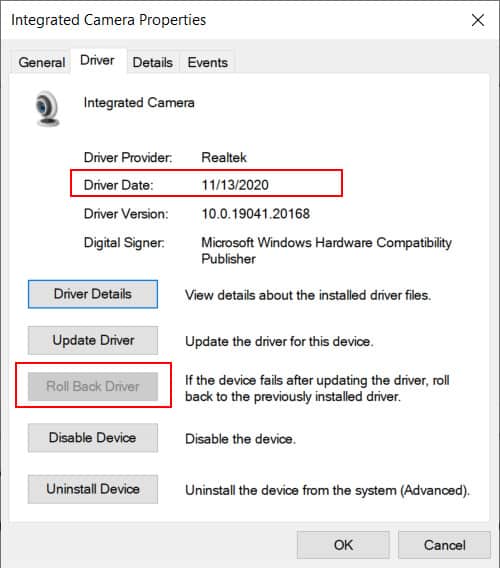

He was talking about how eyes evolved, how it happened slowly over millennia, and how every incremental step in the process, even vision that was only perceiving a slight difference between light and shadow, must have had survival value. It makes me think of something Richard Dawkins wrote about evolution, some time ago. Google may be able to fall back (while appearing to move forward), but, if not, others will, and who knows who will get it right in the end? In Newton’s case, there was no direct fallback position. They both tried to reach the potential of their devices right away, and they didn’t get some of it right. The comparisons between Glass and the Newton are apt in more ways than that they are both objects of ridicule. I even think I know what it will take to go up the other side. They took the sensible step of not betting the farm on this beta, and they will learn a gigantic amount from it. I don’t think the clever people at Google are going to mind that much. So Google Glass is on the way down its mountain. It’s easy to see the publicity videos for Glass and imagine great things, without knowing whether the technology is there yet. Somebody smart once said it’s like being on a mountaintop and seeing across to the next mountaintop, but forgetting having to climb down your mountain and up the other one to get there. The thing about the future is that it’s easy to see the possibilities. The devil in the details can’t be seen until you see the details.

It seems that what is happening to Google Glass is what has happened to several past technologies: ISDN, PDAs, video conferencing, even PCs and laptops: The closer they got, the farther away they looked. Otherwise, just admit the bloom is coming off the Glass rose. Even better, watch this Saturday Night Live skit, which resonates with many tech embarrassments over the years. If you really want to sync with me on this subject, read this article first, where the early problems with Google Glass are relentlessly noted.


 0 kommentar(er)
0 kommentar(er)
